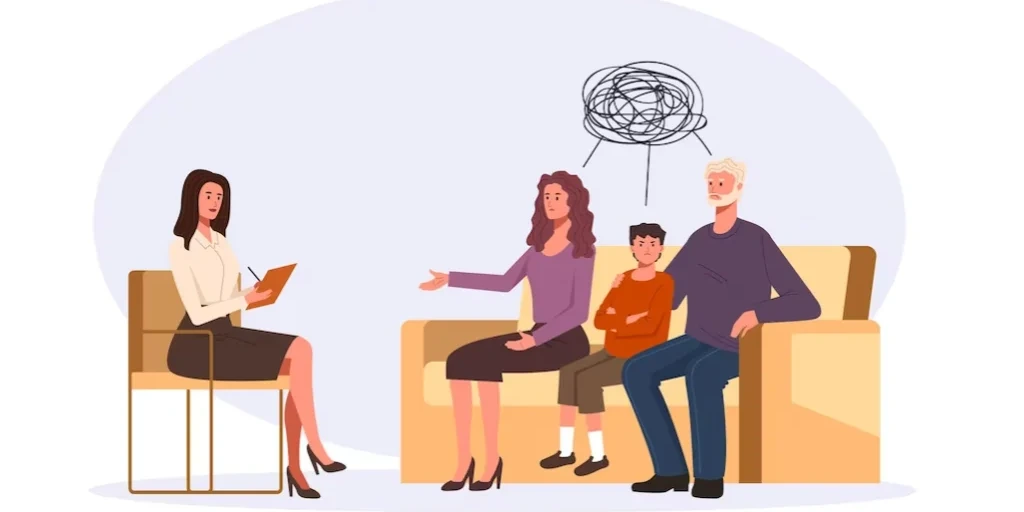24/7 Helpline:
(866) 899-221924/7 Helpline:
(866) 899-2219
Learn more about Klonopin Detox centers in McDowell County

Other Insurance Options

CareFirst

MVP Healthcare

Kaiser Permanente
Beacon

AllWell

Absolute Total Care

Optum

Magellan

Regence

Coventry Health Care

United Health Care

Sliding scale payment assistance

ComPsych

Ambetter

American Behavioral

Carleon

BHS | Behavioral Health Systems

Humana

Providence

Meritain


































SUWS of the Carolinas
SUWS of the Carolinas offers residential treatment for individuals with alcohol and/or substance add...

Recovery Ventures Corporation
Located in Old Fort, North Carolina, Recovery Ventures Corporation provides alcohol and drug rehab s...








